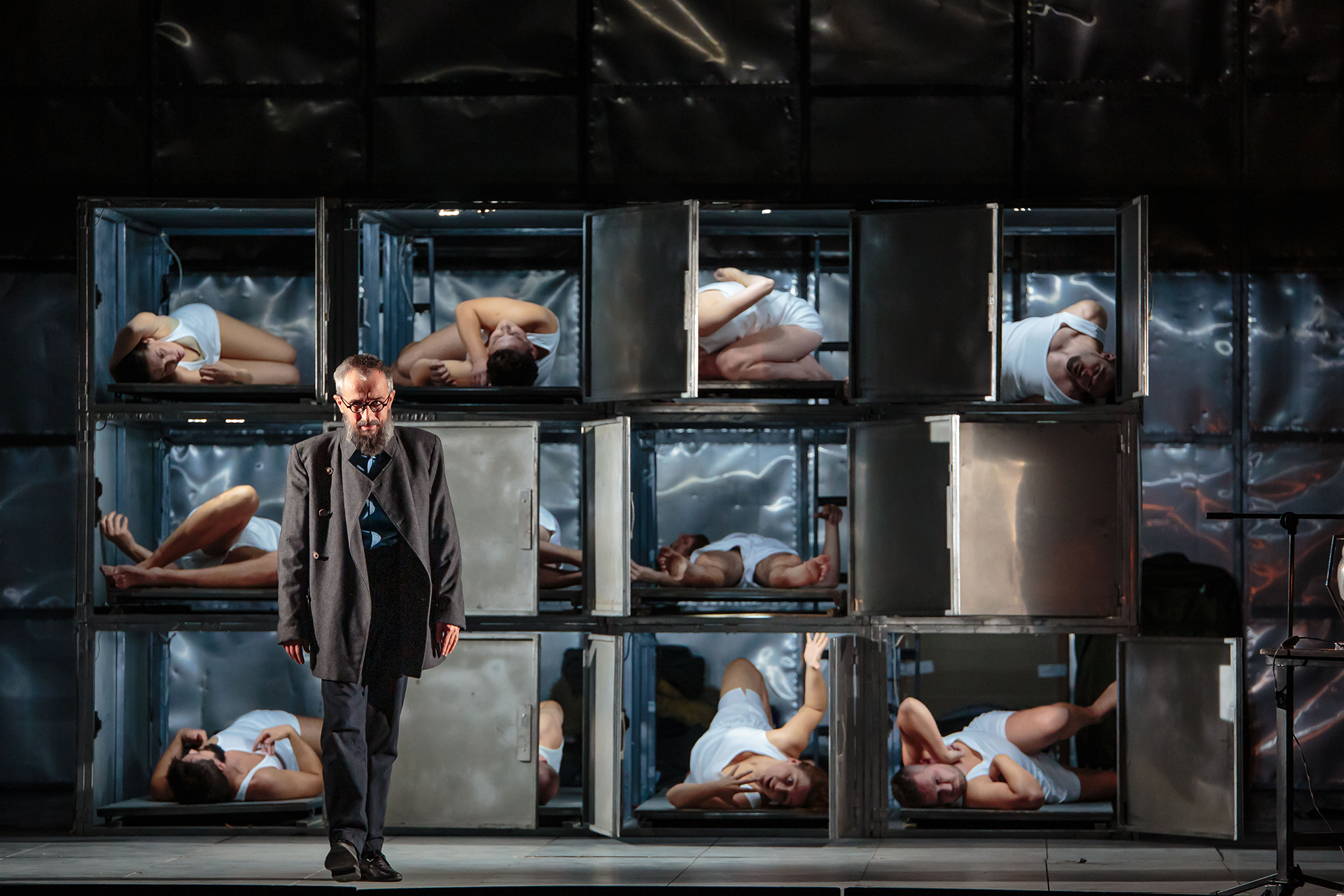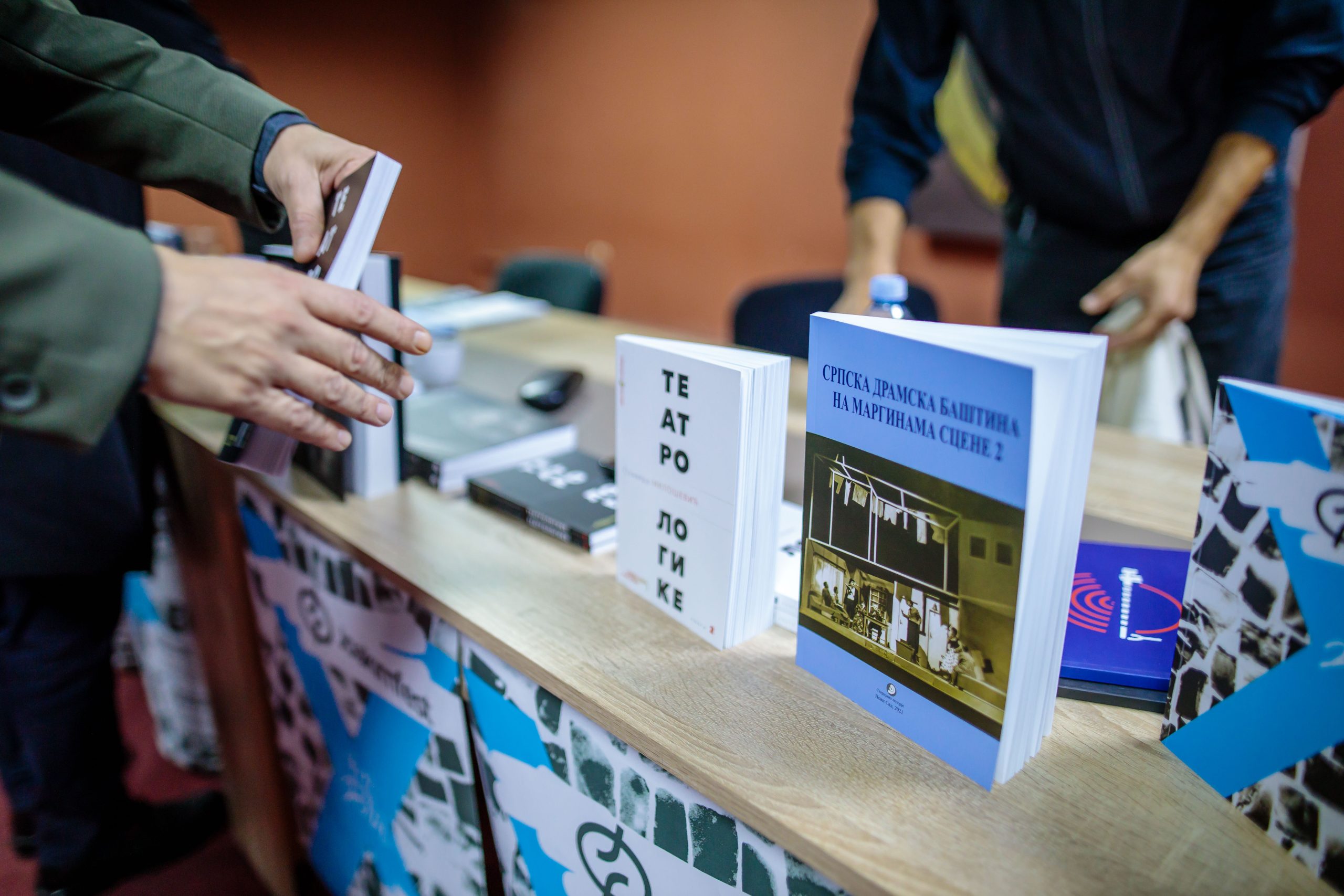LIFE AFTERWARDS (thirty years later)

Closed theatres, inability to travel, unknown budget, uncertainty over whether the festival will be held due to the COVID-19 pandemic… these are all circumstances facing all curators who are trying to come up with a concept for some of the many autumn theatre festivals. “Everything is possible in the theatre”, many of us still believes in that, but how, in such uncertainty, should oneoutline and devise a concept that should carry the potential of a high degree of feasibility? And the dramaturgical question in these circumstances would be, is there a topic able to “outplay” the coronavirus and its dominance in our lives? Can we still imagine life after COVID-19?
My first decision was that I would not select performances deliberately tackling the virus subject. The second decision was geographically-related, having all performances be from the region of the former Yugoslavia. There are two reasons for this. The first is that in this region, unlike in some others, despite all the limitations and problems, the plays were still being made and performed. The second, more important reason for me, is that exactly 30 years ago, the disintegration of the once joint state began. And to anticipate all anti-Yugoslavs and disappoint Yugo-nostalgic people, Yugoslavia is not the topic of my selection. Thirty years is a long enough period to scan this region through topics that theatres and some new young theatre people deal with. Life Afterwards is my intimate, subjective view of this region and theatre, 30 years later.
Can a theatre festival tell a story? The Kragujevac audience will look for the answer to this question in the following performances:
- The Use of Man – based on the novel by Aleksandar Tišma, dramatized by Fedor Šili, and directed by Boris Liješević / co-produced by Novi Tvrđava Theatre, Theatre City Budva / Novi Sad Theatre (Újvidéki Színház) and East-West Center from Sarajevo
- Our Warehouse – Tjaša Mislej, directed by Mateja Kokol, Prešeren Theatre from Kranj (Slovenia)
- As If the End Were Not Quite Near – Maja Pelević, directed by Nikola Zavišić / Bitef Theatre
- Only Voice – Nina Plavanjac, directed by Marjan Nećak, Macedonian National Theatre from Skopje (North Macedonia)
- Obscene Days of Johnny Long Johnson – a novel by Filip Grujić, dramatized by Dimitrije Kokanov, directed by Jovana Tomić / Novi Sad Theatre (Újvidéki Színház)
- They Shoot Horses, Don’t They? – Based on Horace McCoy’s novel, dramatized and directed by Martin Kočovski, National Theatre Bitola (North Macedonia) – video recording of the performance
- Seven Fears – based on the novel by Selvedin Avdić, dramatized by Emina Omerović and Selma Spahić, directed by Selma Spahić / Bosnian National Theatre Zenica in co-production with the 20th the Festival of Bosnian Drama, Zenica 2021 (Bosnia and Herzegovina)
This selection would be more complete in the conceptual finishing of the selection if it included two more plays: My Husband by Rumena Bužurovska, directed by Ivana Đilas / Slovene National Theatre Drama in Ljubljana and Conspiracy Theory, author project by Filip Jurjević, Marina Lisjak and Marina Pejnović / Satirical Theatre Kerempuh from Zagreb.
Joakimfest is a festival that, in all its selections during these 15 years, has taken care to give a chance to fresh young people in addition to well-known authors. I don’t think I have failed that tradition. For the first time at this festival,we can see: Tjaša Mislej and Mateja Kokol, who, with the play Our Warehouse, bring us closer to the more current and painful topic of exploiting female labor in the warehouse of a hypermarket by means of humor. The young playwright Nina Plavanjac, on the other hand, portrays a strong woman, an actress, whose loneliness forces her to face her own vulnerability but also to find enough strength to resist being manipulated by others. It is precisely in the text Only Voice, by this young author, that the composer and director Marjan Nećak has found the inspiration for his musical stage research. Filip Grujić, a young playwright and writer, who is also debuting at Joakimfest, put his debut novel Obscene Days of Johnny Long Johnson into the hands of an equally young but already well-coordinated director-dramaturge duo, Jovana Tomić and Dimitrije Kokanov, who, collaborating with a great authorship team, created a very attractive and witty play. Speaking of tried-and-tested director-dramaturge duos, Maja Pelević and Nikola Zavišić can also be included. In the interactive audio-visual installation As If the End Were Not Quite Near, in which only five people can participate, using only their voices, they invite a small audience to transition from this world to digital reality in an attempt to think of some new forms of coexistence and unity of man and machine. The question that the author’s team asks is whether it is possible today, more than ever, in loneliness and isolation, with distorted perception of reality, to build new forms of togetherness?
The experienced director-dramaturge tandem, Boris Liješević and Fedor Šili, are known for their love of tackling serious and difficult literary challenges. This time they come with a great dramatization of the anthological novel The Use of Man, by Aleksandar Tišma, about the tragic fate of people in wartime, of the fate of several families who lived before, during and after the Second World War. It’s a play that warns us that war psychology easily and quickly turns a person into a commodity, into means for carrying out other people’s objectives.
The Bosnian National Theatre from Zenica and director Selma Spahić have always been well received and awarded at the Joakimfest. For Selvedin Avdić, one of the multitudes of great Bosnian writers who have been attracting more and more attention of readers in the region and beyond in recent years, this is the second collaboration with the director at the theatre in Zenica. The first was on the great performance My Factory. As someone who feels great respect for theatres that on their stages deal with the themes of their communities, I consider the play Seven Fears, tackling the wartime events in Zenica, an incredibly brave act and a significant play both in theatrical and civic sense.
For the past year and a half in Serbia, theatre people have often been saying that a video recording of a theatre performance canin no way replace a live performance, even though no one even disputesthat. At the moment when the theatres in North Macedonia had been closed for months, an online premiere of the performance based on the text by Horace McCoy and directed by Martin Kochovski was madeat the National Theatre in Bitola. In the online broadcast of the play, Martin Kochovski included, with intelligence and dramaturgical skill, the context of the closed theatre, the empty hall, the distance between people, in the technique around the stage and on the stage. In that way, he dramatically intertwined fiction from the stage with the documentary aspect of the situation in which the theatre is forbidden to stage performances. No matter how much this performance is stagedlive in theatres and at festivals, it will never have that aspect of documentary recording and testimony of one moment, as a recording has.
These are the seven performances that will hopefully, through their themes, stage deliberation and aesthetics, tell the story of life afterwards and outplay the coronavirus.
JURY OF THE 16TH JOAKIMFEST 2021
NADA KOKOTOVIĆ – director and choreographer (president of the jury)
JASMINA DIMITRIJEVIĆ – actress
RADMILA PETROVIĆ – poet
Branislava Ilić
August 26, 2021
in Kragujevac






